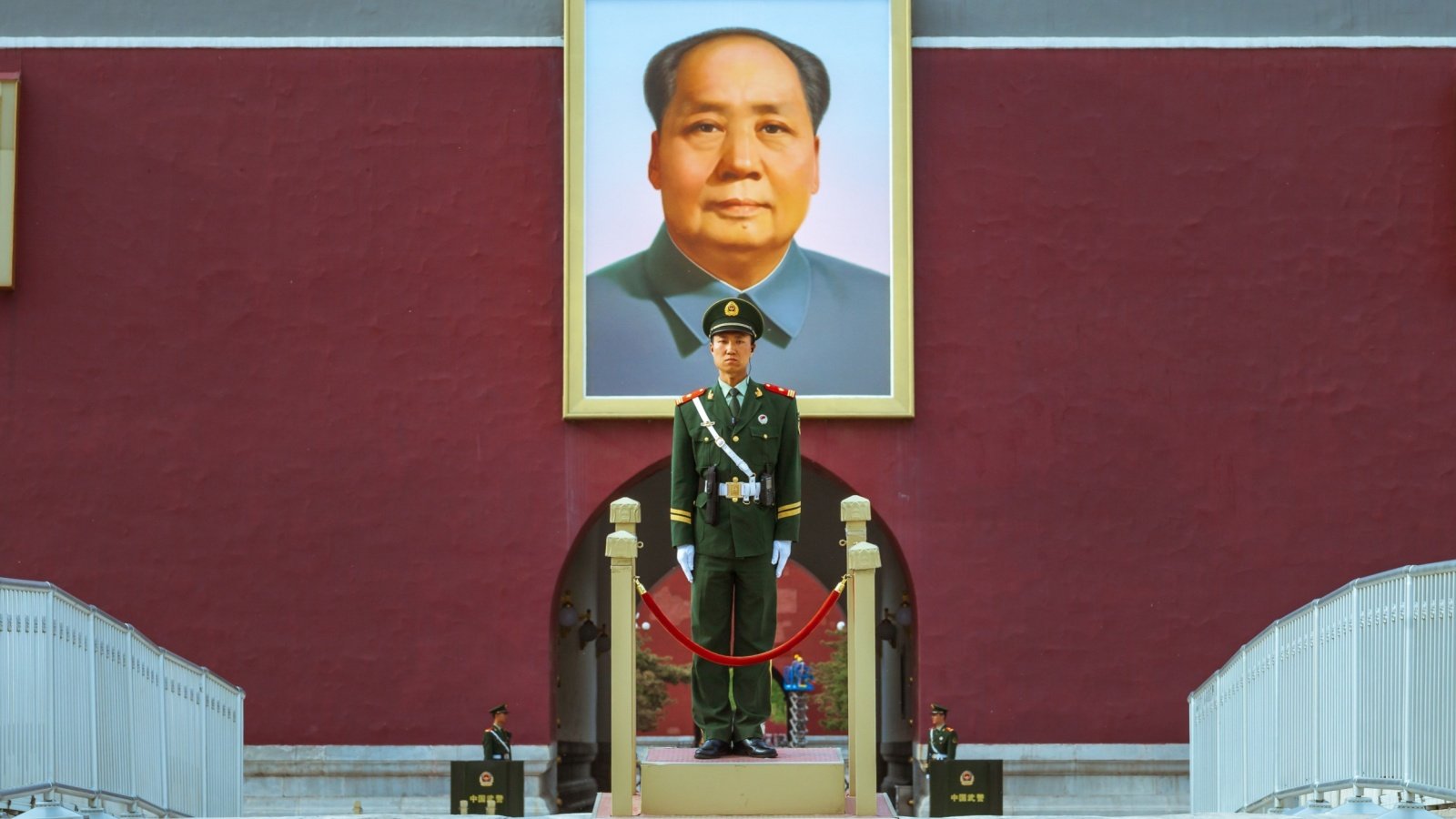Throughout history, a handful of leaders have left a mark so indelible, it’s hard to discuss the past without their names cropping up. They’ve swung the pendulum of power, for better or worse, shaping the world in ways that still resonate. Stick around, because understanding their stories might just give you a fresh lens on today’s global stage.
Nero’s Fiery Reign

Nero, the Roman Emperor, is often remembered for his tyrannical rule and the great fire of Rome. Legends say he fiddled while Rome burned, showing his indifference to the people’s suffering. His reign was marked by extravagance and ruthless persecution of Christians.
Joseph Stalin’s Iron Fist
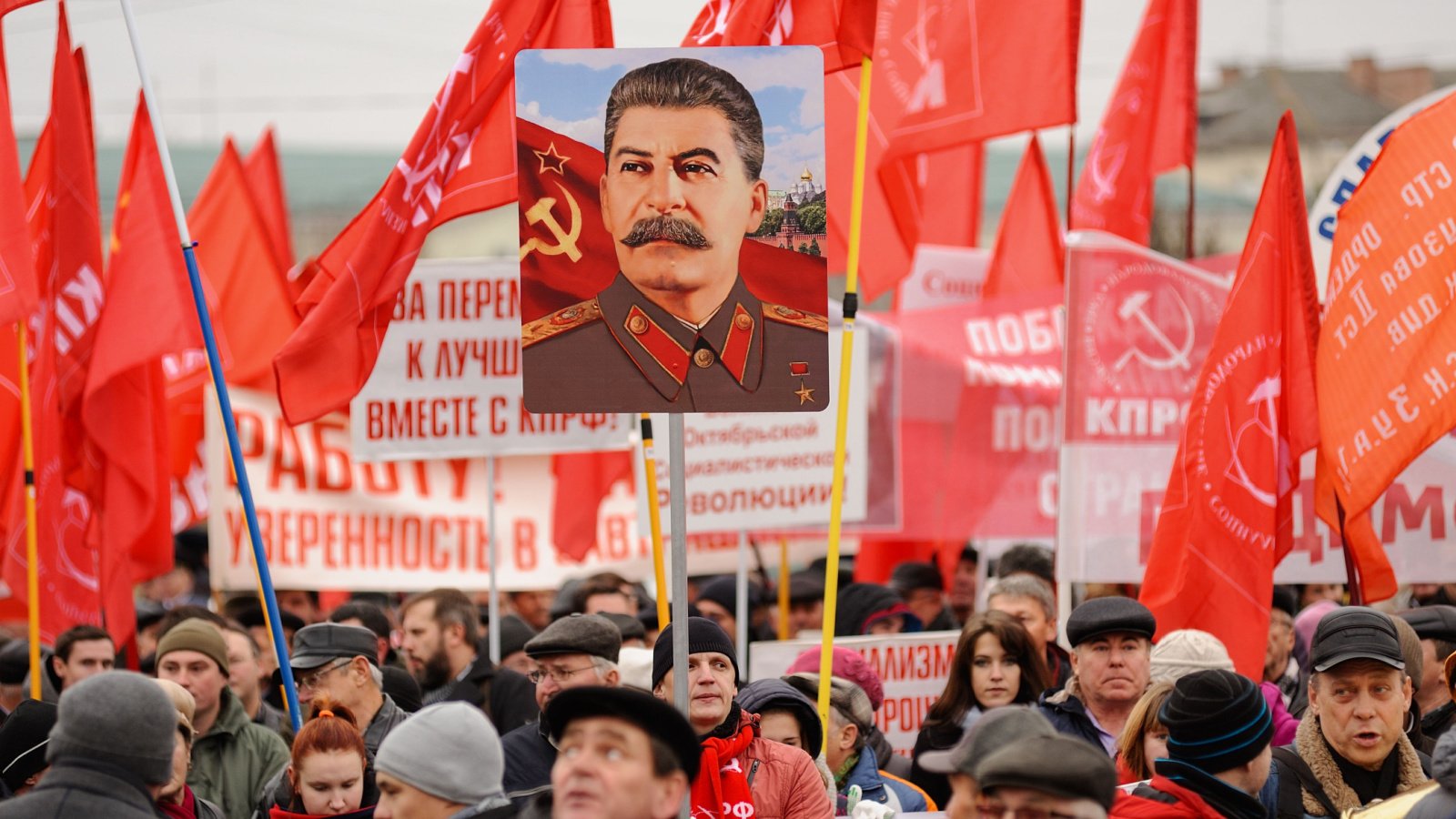
Under Joseph Stalin, the Soviet Union became a symbol of fear and repression. His policies led to the death and suffering of millions, with the Great Purge being a dark highlight. Stalin’s paranoia fueled a regime where dissent was deadly, and loyalty was never enough. The shadow of his rule still looms over the history of the 20th century.
Mao Zedong’s Cultural Revolution

Mao Zedong, the founding father of the People’s Republic of China, launched the Cultural Revolution, aiming to preserve ‘true’ Communist ideology. This chaotic period led to widespread persecution, the destruction of cultural heritage, and a significant death toll. Mao’s vision for China came at a great human cost, leaving a complex legacy. His impact on China is undeniable, both in its development and its scars.
Adolf Hitler’s Reign of Terror
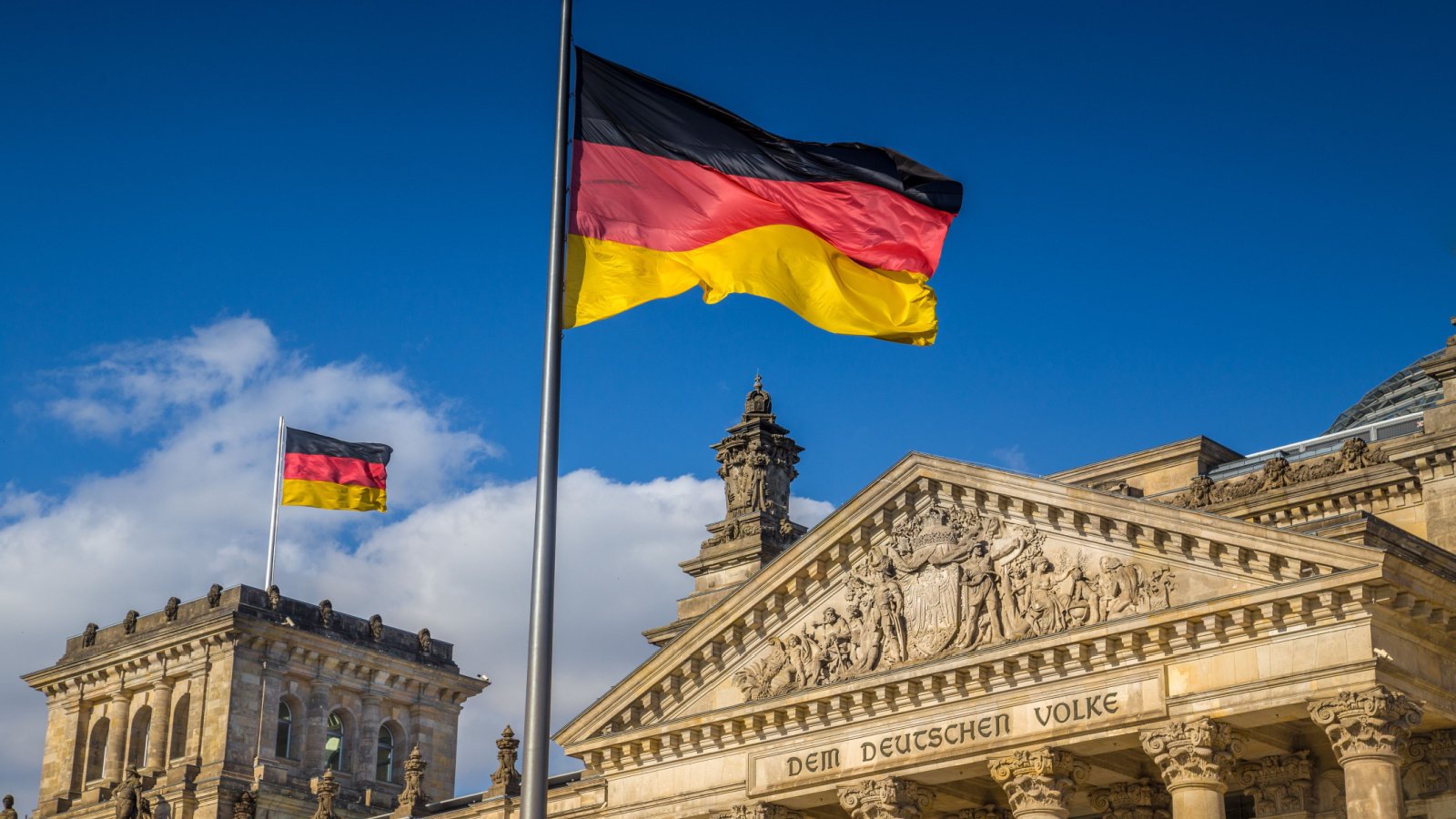
Adolf Hitler’s name is synonymous with war, genocide, and extremism. His ideology plunged the world into World War II, resulting in millions of deaths. The Holocaust remains one of the darkest chapters in human history, a direct result of his racist policies. Hitler’s ambitions for a ‘Thousand-Year Reich’ ended in devastation and defeat.
Idi Amin’s Rule of Brutality

Idi Amin’s dictatorship in Uganda was marked by human rights abuses, political repression, and ethnic persecution. His erratic behavior and ruthless leadership led to the deaths of hundreds of thousands. Amin’s regime was notorious for its cruelty and the bizarre antics of its leader.
Pol Pot’s Killing Fields

Pol Pot, the leader of the Khmer Rouge in Cambodia, oversaw a genocidal regime aiming to create an agrarian socialist society. This led to the mass killings of an estimated 1.7 million people, known as the Cambodian genocide. His radical policies devastated the country, erasing years of cultural and intellectual life. Pol Pot’s legacy is one of the most tragic episodes of 20th-century history.
Benito Mussolini’s Fascist Vision

Benito Mussolini’s rule in Italy was characterized by fascism, aggressive nationalism, and authoritarianism. He dreamt of reviving the Roman Empire’s glory but led his country into ruin and war. Mussolini’s alliance with Hitler and his racist laws brought suffering and death. His end was as violent as his rule, leaving a legacy of warning against fascism.
Saddam Hussein’s Reign of Fear
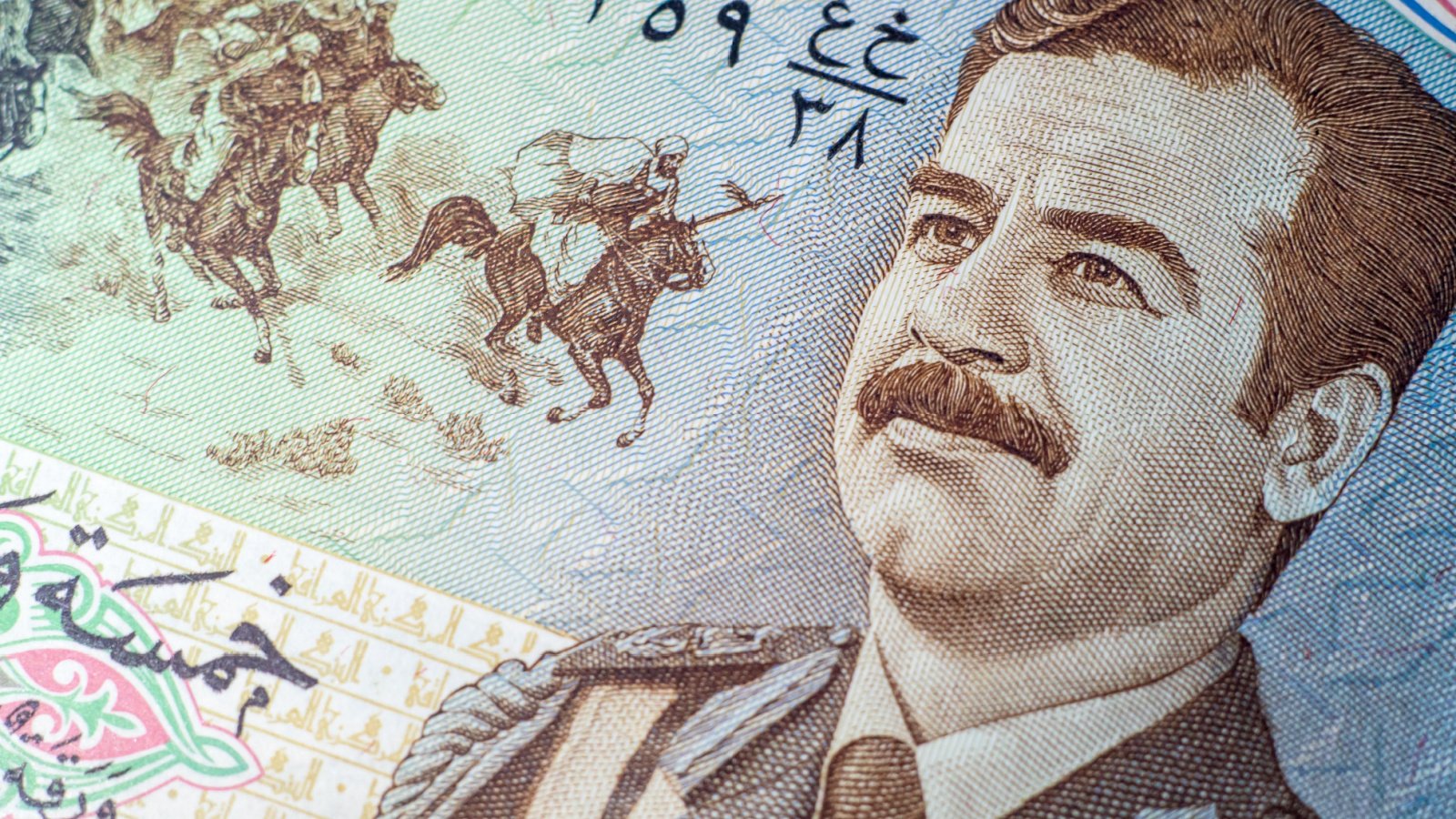
Saddam Hussein ruled Iraq with an iron fist, using fear, torture, and executions to maintain power. His aggressive wars against Iran and Kuwait brought misery to millions and international condemnation. Hussein’s use of chemical weapons against Kurds marked one of his most heinous acts. His downfall brought an end to a brutal chapter in Iraq’s history.
Kim Jong-il’s Isolated Fortress

Kim Jong-il’s North Korea was a land of contradictions, marked by extreme isolation and a cult of personality. His policies led to widespread famine and suffering, even as he indulged in luxury. The nuclear ambitions under his rule escalated global tensions, casting a long shadow over the Korean Peninsula. Kim Jong-il’s legacy is a testament to the dangers of autocratic rule and isolation.
Vladimir Lenin’s Revolutionary Zeal

Vladimir Lenin changed the course of history with his leadership of the Bolshevik Revolution. His vision of a socialist utopia led to the creation of the Soviet Union, a superpower that shaped global politics. Lenin’s policies laid the groundwork for future leaders’ repressions, even as he is celebrated for freeing Russia from imperial rule. His complex legacy continues to provoke debate and reflection.
Genghis Khan’s Empire of Blood
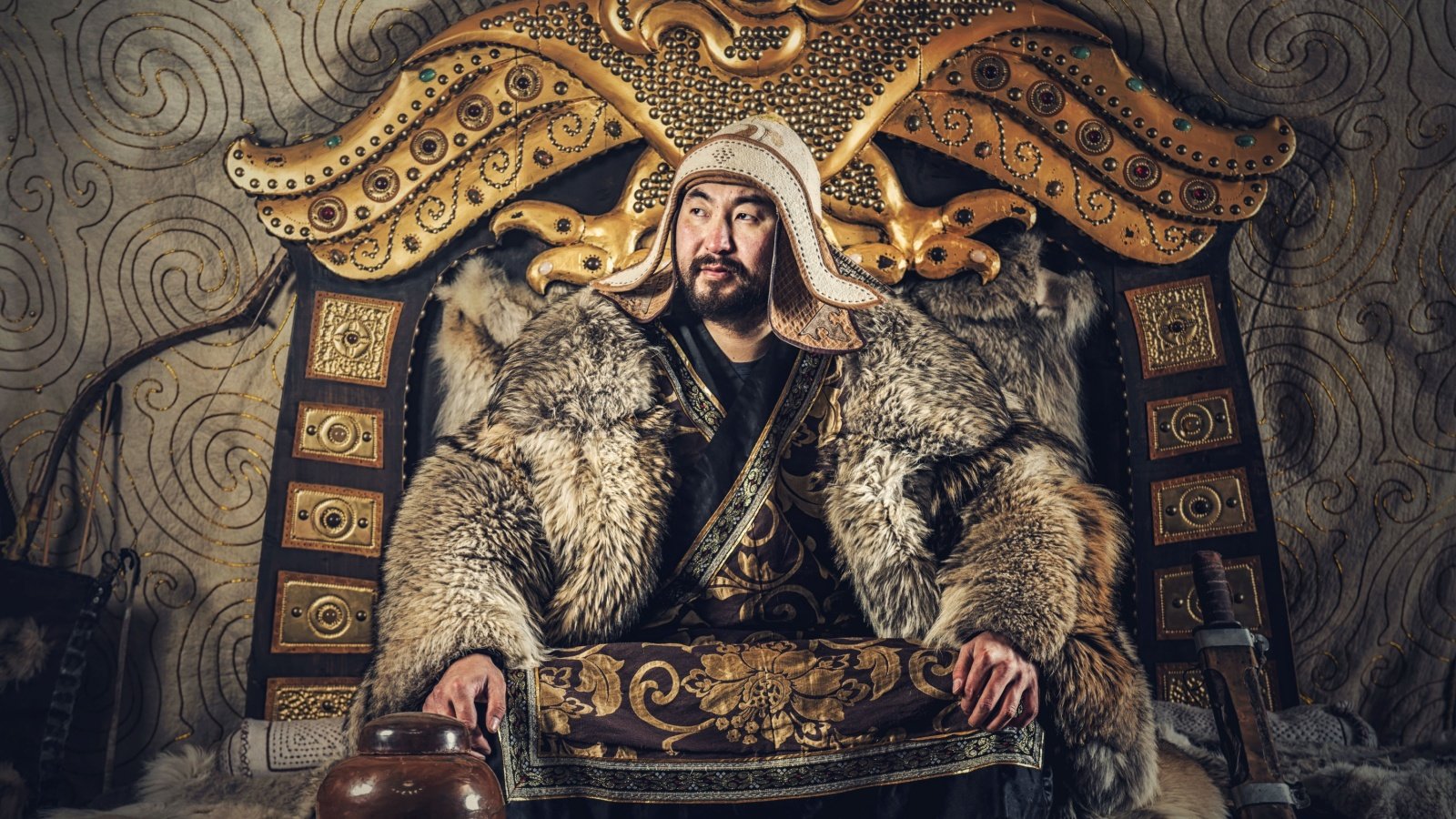
Genghis Khan, though not a traditional politician, wielded political power through conquest and fear. His Mongol Empire reshaped the world but at a tremendous cost in lives and cultures. Khan’s military genius was unmatched, yet his campaigns left a trail of destruction. The sheer scale of his empire is a testament to both his brilliance and brutality.
Robert Mugabe’s Zimbabwe Decline

Robert Mugabe began as a liberation hero but became a tyrant, presiding over Zimbabwe’s economic collapse and widespread human rights abuses. His land reform policies led to famine and economic chaos. Mugabe clung to power through rigged elections and the suppression of opposition. His long rule is a tragic story of a liberator turned oppressor.
Leopold II’s Congo Exploitation

King Leopold II of Belgium turned the Congo Free State into a personal fiefdom, exploiting its people and resources. His quest for wealth led to untold suffering and millions of deaths. The rubber plantations became sites of unimaginable horror under his rule. Leopold’s legacy in the Congo is a dark chapter in colonial history.
Ivan the Terrible’s Ruthless Rule
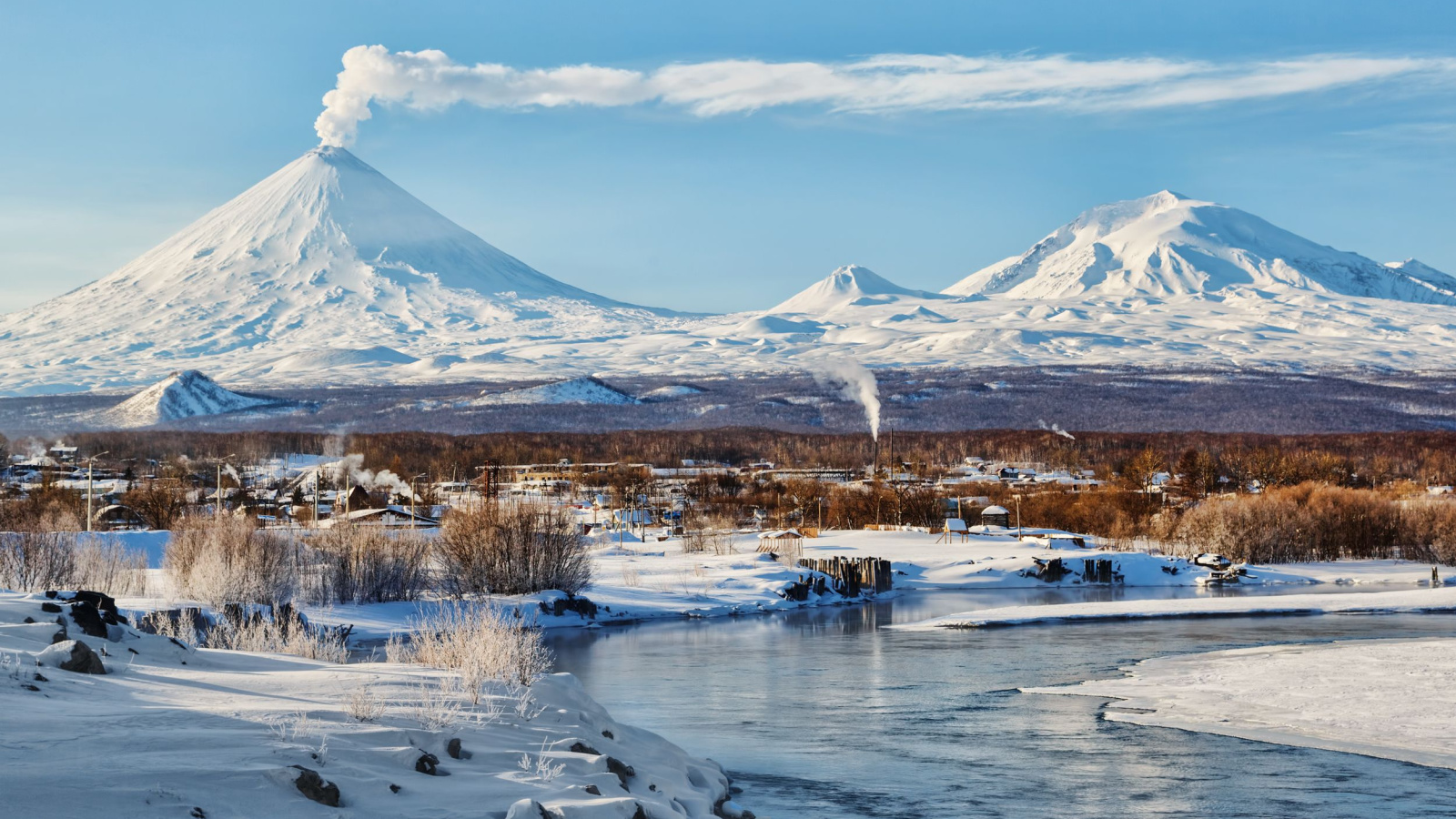
Ivan IV of Russia, known as Ivan the Terrible, was the first tsar to establish a tradition of absolute rule. His reign was marked by paranoia, violent purges, and the Oprichnina terror. Ivan’s conquests expanded Russia but at a great cost to its people. His legacy is a complex blend of nation-building and ruthless tyranny.
Francisco Franco’s Authoritarian Spain

Francisco Franco’s dictatorship in Spain was characterized by repression, censorship, and persecution of political opponents. His rule, following a brutal civil war, was marked by stability but at the cost of freedom and justice. Franco’s Spain was a land of contradictions, balancing between modernization and conservative values. His death led to a transition to democracy, leaving a nation grappling with its past.
Augusto Pinochet’s Chilean Coup

Augusto Pinochet came to power in Chile through a violent coup, marking the beginning of years of dictatorship. His regime was notorious for human rights abuses, including torture, disappearances, and killings. Pinochet’s economic policies transformed the Chilean economy but deepened social inequalities. His legacy is still contentious, reflecting the deep scars his rule left on Chilean society.
Nicolae Ceaușescu’s Communist Excess

Nicolae Ceaușescu’s Romania was a study in contrasts, featuring grandiose projects and severe austerity for its people. His cult of personality reached absurd heights, even as Romanians suffered under his economic policies. The brutal suppression of dissent culminated in a violent revolution that ended his rule. Ceaușescu’s regime is remembered as one of the most repressive in the Eastern Bloc.
Muammar Gaddafi’s Libyan Stronghold
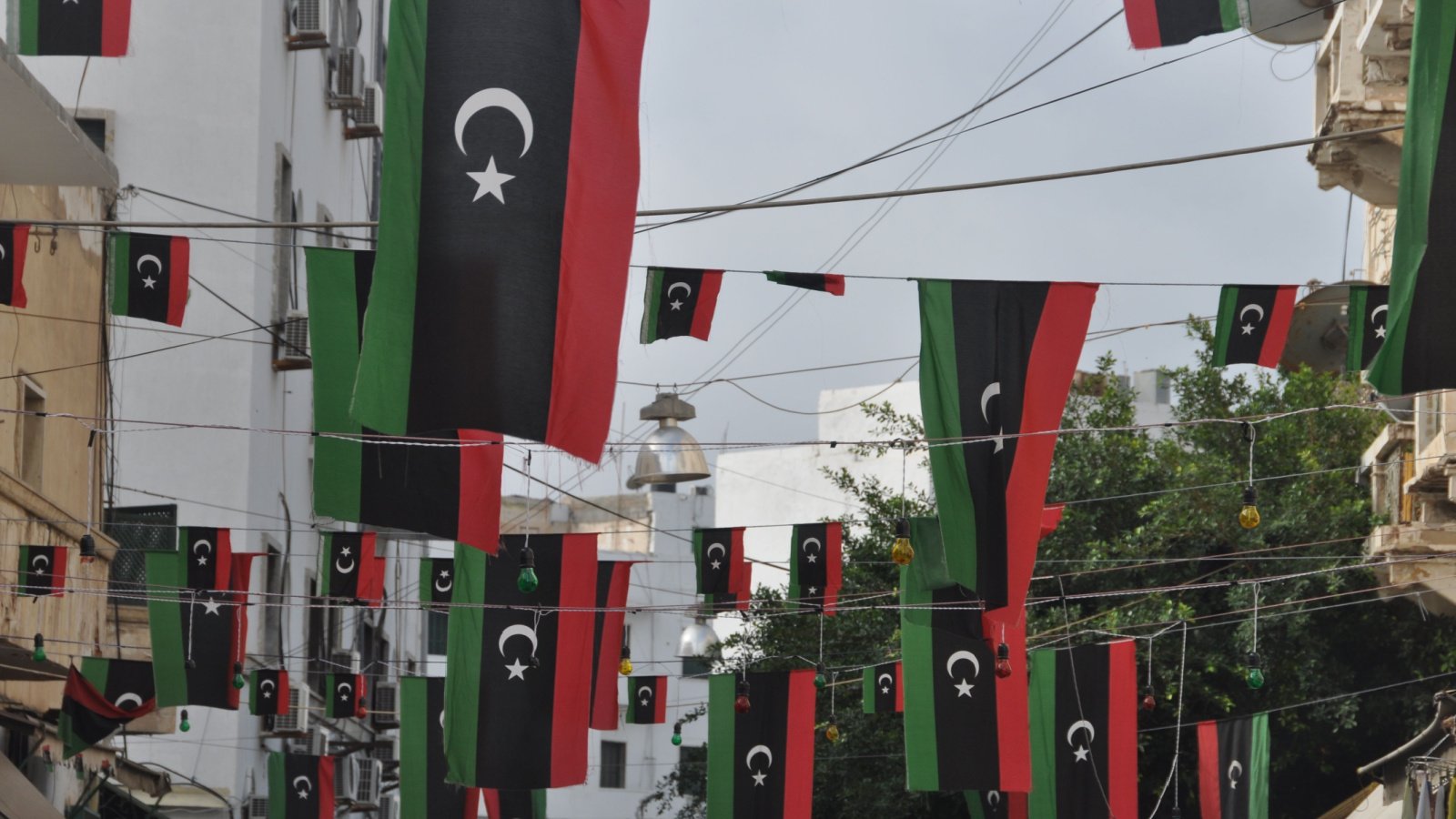
Muammar Gaddafi ruled Libya with a blend of revolutionary ideology and personal eccentricity. His support for terrorism and his unpredictable foreign policies made him an international pariah. Gaddafi’s Libya was rich in oil, but wealth was unevenly distributed, leading to social unrest. His fall during the Arab Spring marked the end of an era for Libya.
Ho Chi Minh’s Vision for Vietnam

Ho Chi Minh was a revolutionary leader who became a symbol of Vietnam’s struggle for independence. His commitment to communism led to the Vietnam War, a conflict that divided the world. Ho’s leadership is revered in Vietnam, but his legacy is complicated by the war’s atrocities and lasting impacts. His vision for a unified Vietnam came at a high human cost.
Bashar al-Assad’s Syrian Conflict
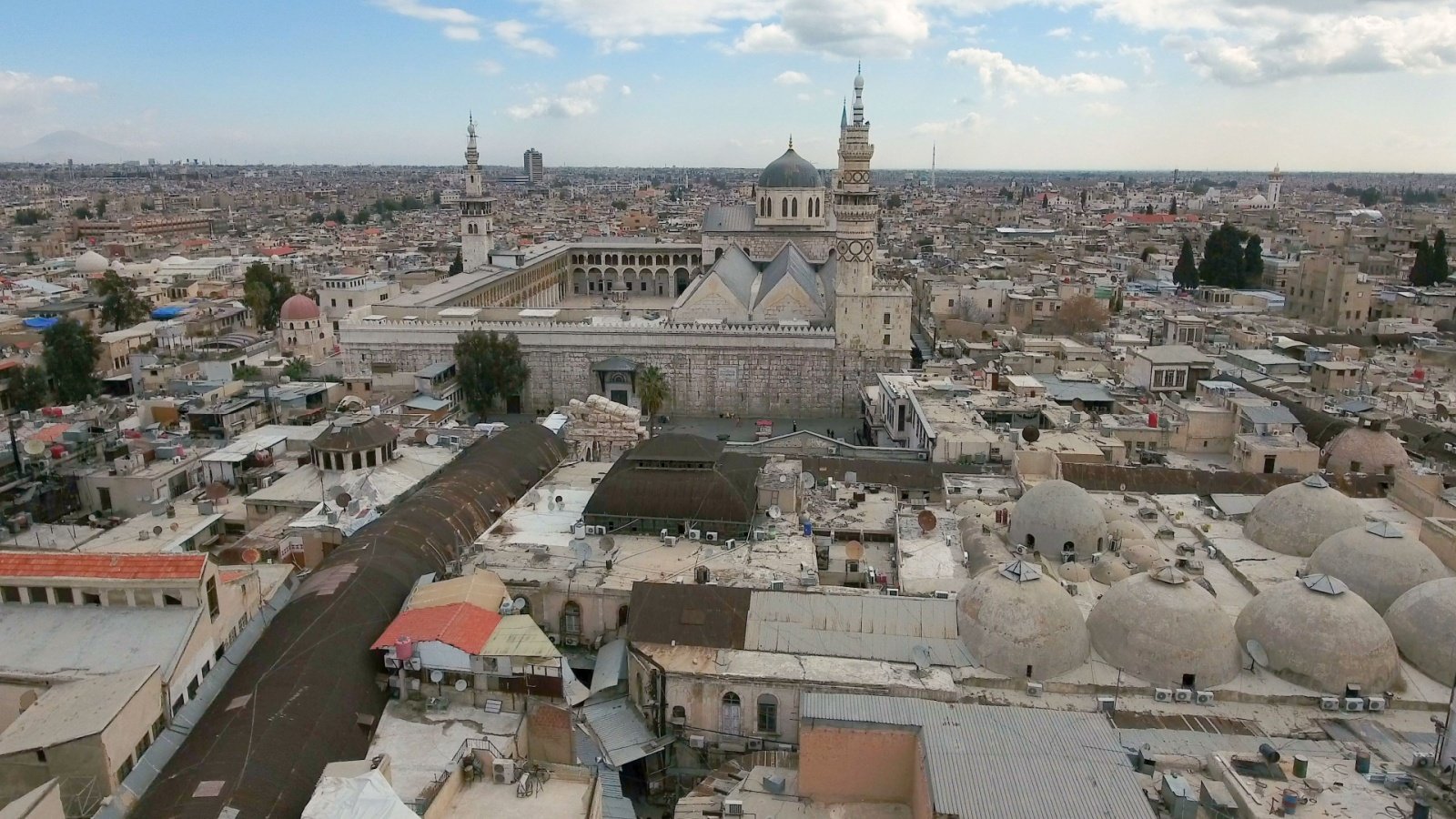
Bashar al-Assad’s rule in Syria has been marked by a brutal civil war, widespread human rights abuses, and a refugee crisis. His regime’s response to protests escalated into a conflict that has drawn in global powers. Assad’s hold on power, despite international condemnation, shows the complexities of modern geopolitics. The Syrian conflict under Assad has left a country in ruins and millions displaced.
Jean-Bedel Bokassa’s Imperial Delusions

Jean-Bedel Bokassa, self-proclaimed Emperor of the Central African Empire, was known for his lavish coronation and brutal rule. His regime was marked by extravagant spending and horrific human rights abuses. Bokassa’s fall from power was as dramatic as his rise, ending in exile and a tarnished legacy.



